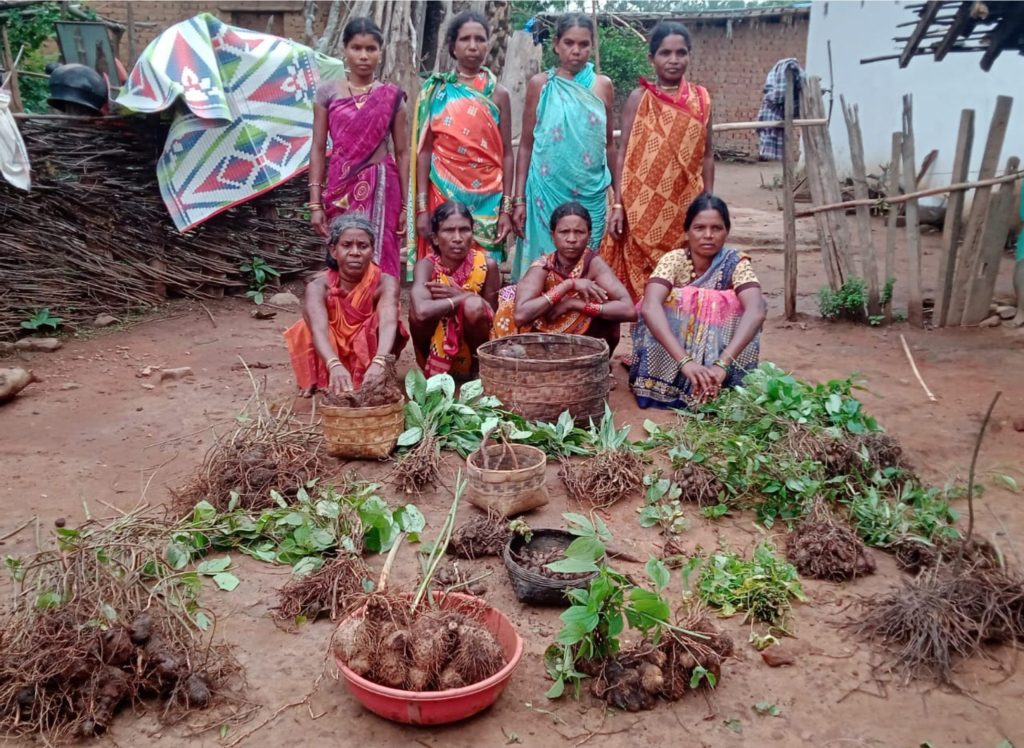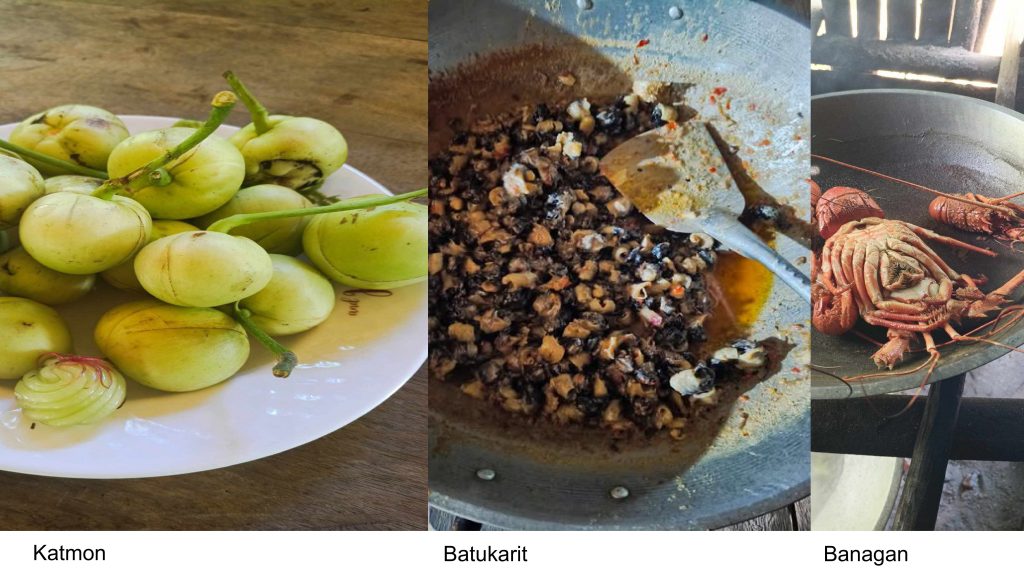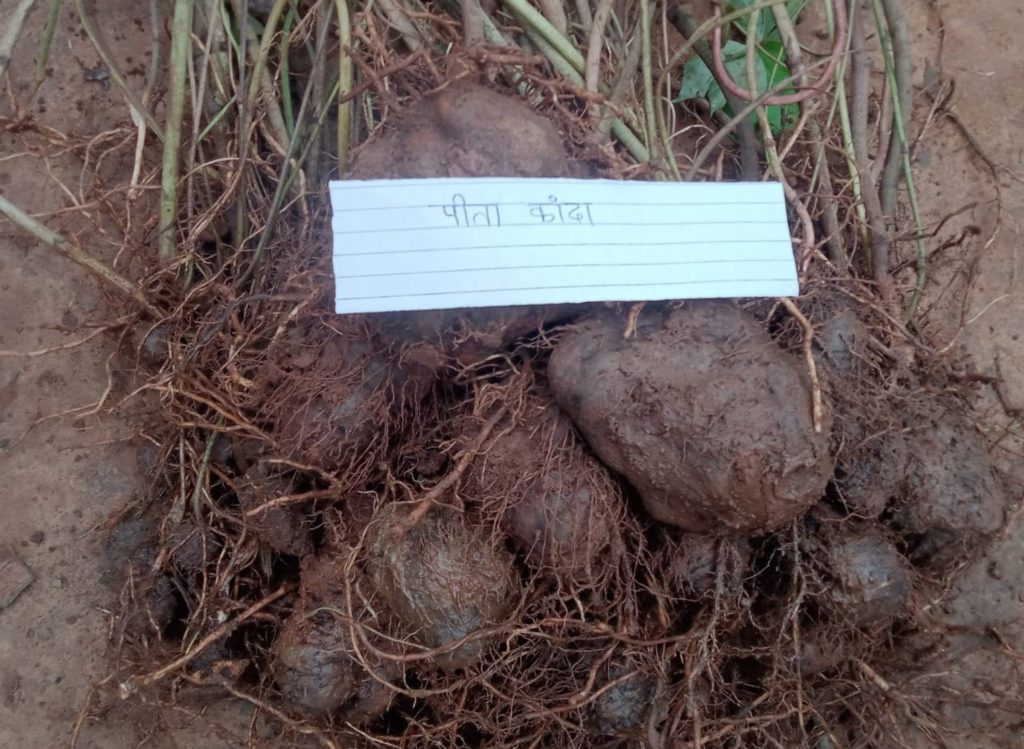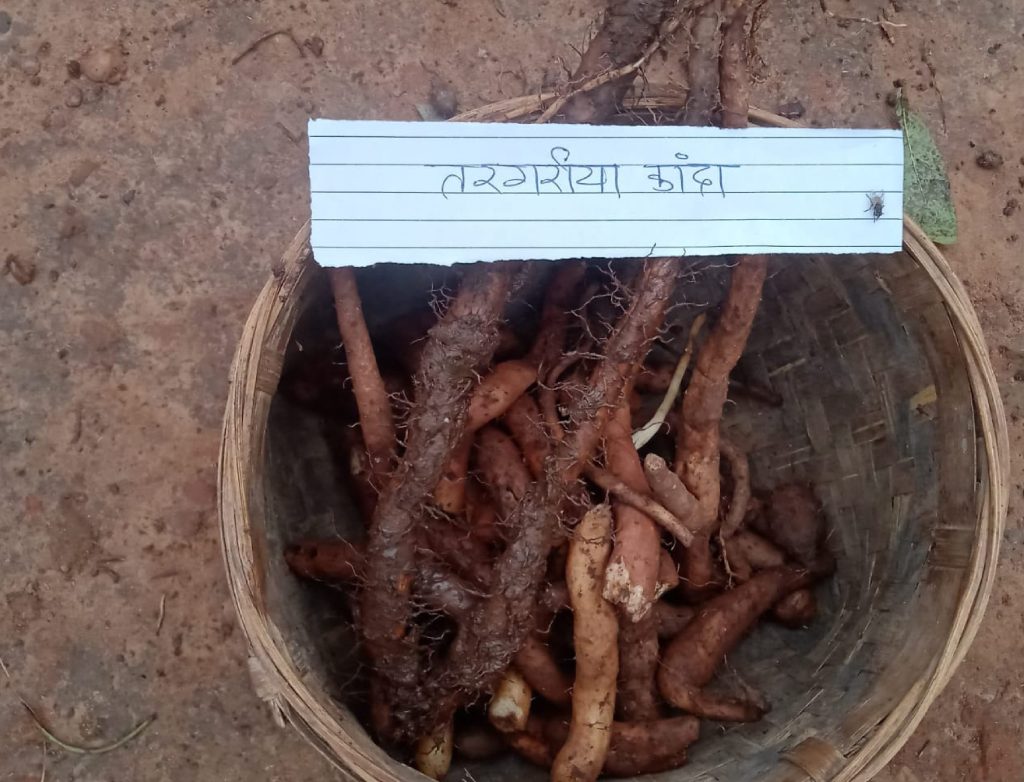Nurturing Wild Foods, Strengthening Indigenous Communities in India and the Philippines

The Swedish International Agricultural Network Initiative (SIANI) Expert Group on Wild Foods in Asia, in collaboration with the Non-Timber Forest Products Exchange Programme Asia (NTFP-EP), seeks to spark renewed interest in traditional crops and wild foods by drawing on decades of grassroots experience and regional networks.
At the heart of this initiative is a recognition of the vital role wild forest foods and traditional crops play in food security and cultural identity. For generations, rural and Indigenous communities across Asia have nurtured deep knowledge of these food systems, yet much of this wisdom is at risk of being lost.
The Expert Group brings together community members and specialists to document key food species and explore innovative ways of revitalizing and sharing this invaluable heritage.
Seeds of Knowledge in General Nakar, Quezon Province, Philippines

In Sitio Malatunglan, Quezon Province, the Dumagat people are planting more than crops, they are planting continuity of their culture and traditions. On 11 May 2025, women gathered with their neighbors to welcome a new project that celebrates wild foods and traditional farming.
A Community Project Orientation was held with 14 women and 22 men from Sitio Malatunglan as participants, result[ing] to signing of community resolution supporting the project or the women, their hands tend to the gardens around the Sentrong Paaralan ng mga Agta (SPA), where children will now learn about the wild foods that sustained the lives of their ancestors and sustained the community these knowledge holders built.
One Dumagat woman expressed, “kung ano ang alam ng matatanda, dapat maipasa namin sa mga bata, para hindi mawala ang pagkain na galing sa gubat at ilog” (“What the elders know, we must pass on to the children, so that the food from the forest and rivers will not be lost”). These gardens will grow as living classrooms, ensuring that stories of the forest remain alive in every leaf and root.
Tubers and Traditions in India

Far away in Bastar, India, women are also leading in the fields. Tubers, once gathered from the forest floor, are now being cultivated in demo-plots that serve both as farms and classrooms. Ongoing documentation helps pass on knowledge, strengthen conservation, and guide the women as they cultivate tubers in the demo-plot.
For these women, growing yams is a way of strengthening their families’ food security and preserving ancestral practices. Madhu Ramnath, one of the people leading the research in India for the Wild Foods in Asia Expert Group and is the expert group’s coordinator, who has long studied Dioscorea or yams, continues to deepen this work.
Ramnath’s research not only strengthens India’s knowledge base but also bridges findings across borders with Vietnam, where similar studies are unfolding. This cross-country exchange turns local traditions into a shared regional story of resilience.
Shared Tables Across Asia

What connects Dumagat women in Quezon to tuber growers in Bastar and yam cultivators in India is a larger movement to keep wild foods central to culture, survival, and identity.
The care and cultivation behind every tuber, leaf, and fruit show that food is never just about sustenance; it is about memory, belonging, and giving back the power to communities in nourishing themselves and each other. And as these seeds of knowledge spread, they carry with them the promise of biodiversity safeguarded, traditions kept alive, and communities strengthened across Asia.


Current efforts focus on collaborations in two villages in Bastar, Central India, and one in the Sierra Madre Mountain Range in the Philippines, where communities are documenting wild foods, planting traditional tubers, and reviving cultural food practices.
Participatory research in these sites has already identified at least 480 species of wild foods and traditional crops, ranging from small meats, fish and crabs to greens, fungi, tubers, and insects. Alongside this, four sites have been identified for demonstration plots, community learning, and research stations, while upcoming research on yams (Dioscorea) in Vietnam will connect with ongoing studies in India to strengthen regional knowledge exchange.
As efforts to nurture wild foods and traditional crops continue, experts and practitioners from across South and Southeast Asia are joining forces to lay the groundwork for village-level initiatives, calling on communities and partners to take part in sustaining these traditions. Indigenous and community leaders envisioned a future where communities could take ownership of their food security and sovereignty: a vision now coming to life in gardens, demo-plots, and schoolyards.



